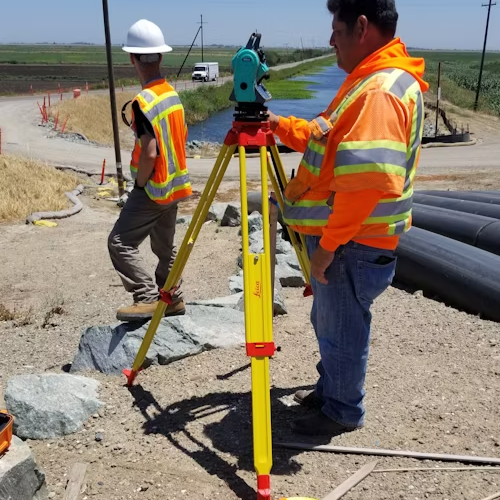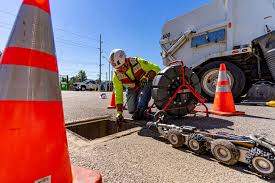
Another expansion of Illinois’s ever-growing Prevailing Wage Act (IPWA) is now in effect — and it’s turning heads across the construction and municipal sectors. For over 25 years, employers and public entities have dealt with thousands of disputes and controversies under Illinois’s notoriously broad prevailing wage law. But the past few years have taken the IPWA in surprising new directions, adding increasingly specific non-construction tasks to its definition of “public works.”

The first major shift came in 2023, when Illinois lawmakers amended the IPWA to classify “the removal, transportation, and disposal of human waste from a wastewater treatment plant to private land” as covered work. In 2024, the state extended the prevailing wage mandate to include power washing on public works projects — a move that further signaled how broadly the law could be interpreted.
The newest change, effective June 30, 2025, adds yet another activity to the list: closed-circuit television (CCTV) inspections of sewer systems. Under this update, sewer inspection work that uses CCTV to locate cracks, root intrusions, blockages, or other structural damage in underground pipes must now be performed by workers paid at prevailing wage rates.
What makes this expansion particularly contentious is not just the nature of the work — which, for the first time, covers workers who only inspect a structure without physically repairing or replacing it — but also how the law was passed. After meeting significant resistance from municipalities and villages already struggling with tight budgets, the original legislation (HB1247) stalled in the Illinois General Assembly. Local governments argued that classifying routine inspections as prevailing wage work could spike inspection costs by 30% to 50%, putting strain on limited public funds needed to maintain aging sewer systems.

Despite the outcry, the measure found new life at the eleventh hour. During the Memorial Day weekend, lawmakers quietly tucked the prevailing wage provision into an unrelated bill titled “WORK COMP-TIMING REQUIRED.” With attention diverted and the original bill appearing dead to the public, the new language slipped through the legislative process and was enacted into law.
The practical result: CCTV sewer inspections — once viewed as routine maintenance outside the scope of the IPWA — are now explicitly covered public works. Industry observers expect the expansion to fuel new disputes over how broadly inspection work could be defined under the law. Many warn that other sectors relying on inspections — whether of mechanical systems, public infrastructure, or complex machinery — should watch closely, as the precedent could pave the way for further expansions of Illinois’s prevailing wage coverage.
For contractors, municipalities, and subcontractors, staying compliant with the IPWA has never been more complex — or more costly. And with more specific tasks finding their way into the statute each year, Illinois employers and public owners should brace for continued scrutiny and enforcement as the definition of “public works” grows even further beyond traditional construction.
Originally reported by JDSUPRA.